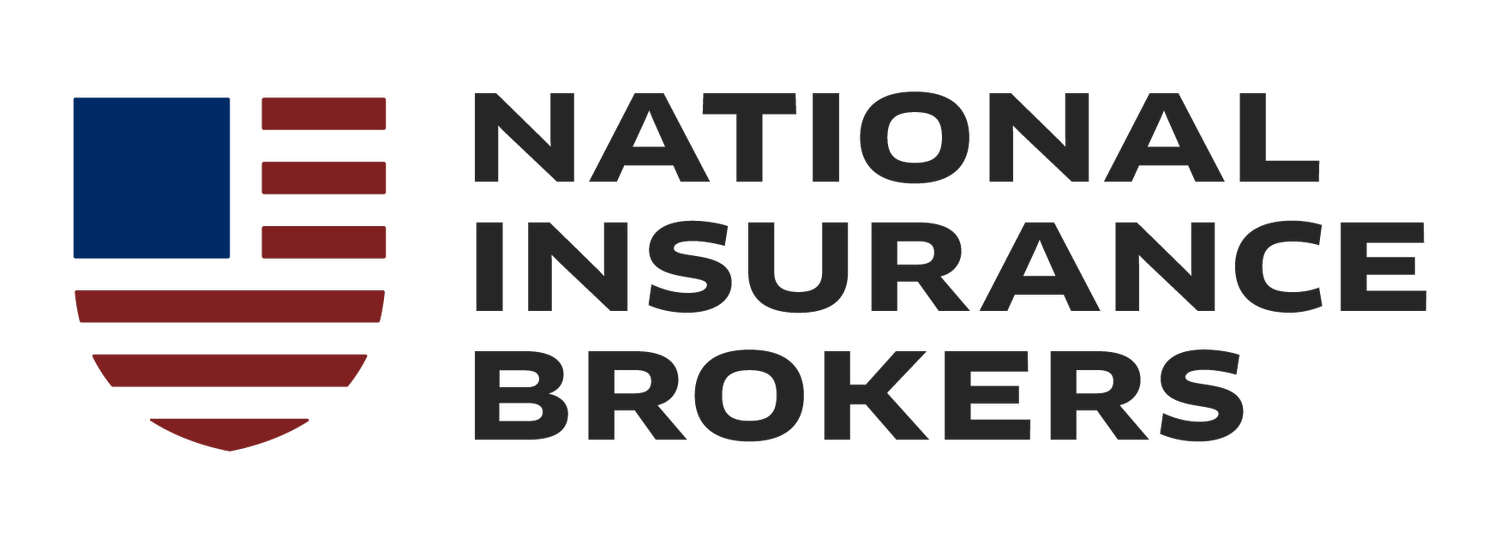Choosing the Right Insurance Coverage for Your Boat or Recreational Vehicle
Recreational vehicles and boats are a good way to have some family time and take trips at a moment’s notice. But a recreational vehicle or even a boat still needs insurance coverage because accidents can happen.
In addition, there are numerous risks and financial liabilities associated with owning a recreational vehicle, such as theft and unforeseen natural disasters. Getting insurance coverage helps protect you and your family in the event an accident results in serious medical expenses.
Choosing the right full-time RV and boat insurance cost also depends on your needs and the specific boat insurance requirements of the state. Read on as we guide you through the steps to choose the appropriate insurance coverage for your recreational vehicle.
Understanding Your Needs
Different types of boats and recreational vehicles have their own specific insurance requirements. Here are some types of recreational vehicles and boats:
Travel and Camper trailers
Motorhomes
Motorcycles
Boats, Motorboats, and small boats
Travel and Camper Trailers
Travel trailers are recreational vehicles that are not motorized but instead, get towed by another moving vehicle. Travel and camper trailers can range from small units to large luxurious models for enhanced comfort. These trailers are not classified as motorized vehicles, so you legally don’t need to have any insurance coverage.
But you can get insurance to protect your against property damage liability if an accident or collision occurs. You need to consider how you use the travel trailer before choosing a particular insurance coverage.
Motorhomes
A motorhome is a large recreational vehicle designed to serve as a living facility. Motorhomes have different classifications based on size and other features, such as the available amenities. Most states require motorhomes to have auto insurance as they are considered motorized vehicles.
Minimum liability or personal injury insurance coverage is the common requirement in most boat insurance covers in most states. But you can opt for comprehensive insurance coverage, especially if you own the motorhome.
Motorcycles
Most states require road users to have minimum liability insurance for their motorcycles. Florida is the only state where proof of motorcycle insurance may not be necessary.
Boats
Insurance requirements for boats will differ based on the size of the vessel and whether or not it has a motor. Boat insurance requirements differ by state, but the only states requiring boat insurance are Utah, Hawaii, and Arkansas. Some states may require you to carry proof of insurance if you are docking your vessel at their port.
The different sizes of boats usually fall under:
Small boats
Motorboats
Small Boats
Small boats or those that don’t have any motor have minimal insurance requirements. Some homeowner insurance policies may cover your boat if it’s one of your home properties. But you need boat insurance and can get additional insurance for your boat even if it doesn’t have a motor.
Motorboats
Motorboats and larger water vessels often require insurance due to the risk of property damage and bodily injury to you or anyone you bring on board. Liability insurance and boat policies may be a great idea if you are ever responsible for causing injury to a person or another boat.
Pontoon boats have become a popular feature in most states. Although it may not be legally required in your state, getting pontoon boat insurance can protect you and your vessel if there is an accident. Pontoon boat insurance coverage doesn’t cost much, and premiums may be as low as $100 per year.
Remember to assess your unique needs to determine your own boat insurance policy and requirements. It is also important to evaluate potential risks and the desired level of protection you want, whether you own a boat or recreational vehicle.
Types of Insurance Coverage
There are numerous insurance coverage options available for boats and Recreational vehicles, such insurance agent such as:
Liability coverage
Comprehensive coverage
Collision coverage
Uninsured/underinsured coverage
Personal Effects coverage
Liability Coverage
Liability coverage is an insurance policy that protects you if you cause property damage or bodily harm to other parties. Liability coverage is one of the most sought-after policies because it frees the boat liability insurance and you from the obligation of using your finances to compensate the injured party.
Benefits
Grants you peace of mind in the event you are responsible for an accident
It covers anyone else injured in the accident, like passengers or guests
Useful for legal compliance, especially when using public waterways or roads
Limitations
Increases the cost of owning or running a boat
It doesn’t cover any damage or bodily injury to you or your vessel
There is a maximum amount the insurance company can pay to the injured party
Comprehensive Coverage
A comprehensive insurance coverage is a policy that is comprehensive and collision coverage protects non-collision events that may cause property damage to your boat or recreational vehicle.
Benefits
Protects against loss and damage to property through factors such as theft, fire, vandalism, and natural disasters
Increased financial compensation, especially for expensive property
Limitations
Comprehensive coverage often comes with a large deductible
The coverage for your boat or RV may get limited the older the asset becomes
Collision Coverage
This type of insurance reimburses you for damages directly resulting in bodily injury liability from collision-related incidents.
Benefits
Provides financial support or compensation to replace the boat or RV if a collision regardless of who is at fault
It reimburses in the event of a single-vehicle collision, such as crushing into a tree
Covers all the repair costs
Limitations
Collision coverage has a large premium or deductible
Collision coverage cannot compensate any other injured party, even if you are at fault
Uninsured/Underinsured Boater Coverage
Uninsured/underinsured coverage is meant to protect you if you suffer damages caused by someone with zero or not enough insurance.
Benefits
It does not consider fault when settling the claim
Gives you an additional layer of financial security if an accident occurs
Helps bridge the financial gap between your damages and the policy limit of the at-fault party
Limitations
Uninsured/underinsured coverage increases the cost of your policy
There is a limit to how much compensation you can receive from uninsured/underinsured coverage
Personal Effects Coverage
This type of insurance protects your personal property inside the RV or boat. One benefit of this carry boat insurance policy is that it compensates you if you lose expensive personal equipment or property, such as electronics. It also covers a wide range of factors that may lead to the loss or destruction of your property, such as vandalism, natural disasters, and accidents.
The main drawback of personal effects coverage is additional insurance costs. There are also maximum policy limits on expensive property such as jewelry.
Additional Considerations
Here are some additional considerations you need to make while keeping in mind the boat insurance requirements by state:
Vacation liability coverage: an optional insurance policy you can take on for a limited time, such as during a vacation or family trip.
Emergency assistance and towing coverage: Allows you to get assistance for the insurance if you need towing assistance after an accident or breakdown on the water or road
Total loss replacement coverage: another optional policy you can take on that gives you enough compensation to replace the damaged boat or RV with a new one.
Additional medical payments coverage: This policy allows you or other injured passengers to receive more compensation for medical expenses without considering who is at fault.
Taking on numerous policies may seem a bit pricey. But you can enjoy discounts by doing the following:
Bundling multiple policies
Complete a safety course
Install anti-theft equipment or show a record of exemplary driving
Getting a membership into certain RV or boating organizations
Choose the Right Insurance Coverage for Your Boat or RV Today
Owning a boat or RV is one of the best ways to enjoy the outdoors. But before you embark on any adventures or head out on that family vacation, consider getting insurance coverage for your boat or RV. Full-time RV only requires boat insurance and policies are fairly simple to understand, but boat insurance requirements by state are different.
RVs not classified as motorized vehicles aren’t required to have insurance. But motorhomes and anything that moves on the road must have insurance. Motorboats and larger vessels also require insurance to operate on the public waterways.
There are numerous insurance policies out there for boats and RVs. Consider all your needs and consult insurers to make an informed decision to purchase boat insurance now. Talk to the National Insurance Brokers today and enjoy the peace of mind of knowing you are financially protected.

